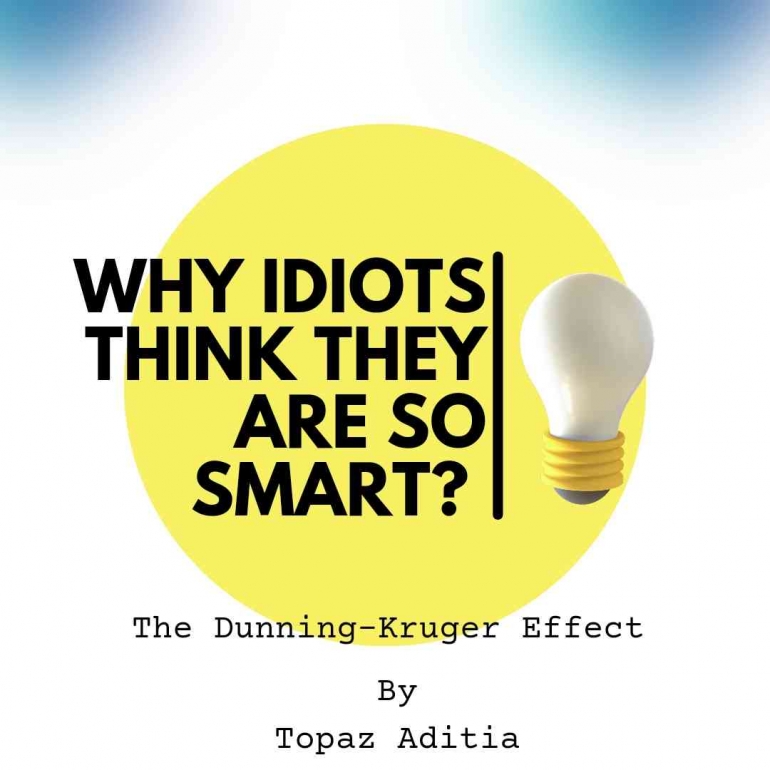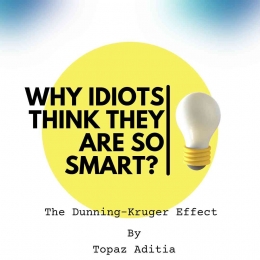Bulky Man Vs Scientist
Feeling wholly disappointed, there is a general fear amongst a human race of intelligence. Even amongst the intelligentsia themselves. This is a very real phenomenon that numerous neuroscientists have observed. True, we admire those of heightened intelligence. Yet, we simultaneously fear them. In modern society, we have no need to fear those of superior physical might over oneself (unless, you just made a pass at their wife). But, say you meet a huge bulky man at a dinner party with biceps larger than your entire torso. Most of us could converse with him rather happily without feeling intimidated. Yet, if we meet a weedy old professor of astrophysics at a dinner party who knows general relativity better than you know where you left your car keys, then suddenly and for reasons which are unclear to yourself, you feel intimidated by him.
Perhaps you don't. If so, congratulations, you're probably rather intelligent or a psychopath. (just kidding)
The reasons for this disparity is strangely related to the egocentric brain. We know how the body builder gained his mass by relentlessly pounding the gym and protein. We know that if we could be half as a store inclined as he, then we too could match his level of esteemed physical prowess and look like a Russian tank. Most importantly, we can usually predict his intentions and actions. We don't need to be as strong as him to know what he will probably do. If we piss him off, he hits us in the face. Yet, the scientists, unless we are intellectually superior than he is, and even if we are, then we will be unable to predict what he might say or do. He could say something that will reveal our lack of intelligence and make us look stupid. Thus, we fear him to compound this fear unlike the bodybuilder. Most of us will feel that even if we read a hundred of books we could never reach the scientists level of intelligence.
Crystallized Intelligence
Rather pessimistically, research supports the idea that many people are most likely unable to do so. We all have the ability to improve our crystallized intelligence of our bank of facts and knowledge. But, once we hit our mid-20s, the brain becomes less stick. It is not totally but, mostly set in its ways. The framework of your brain has been built like a car that has already been built. Parts can be swapped out and polished and chopped. But, ultimately, there's a hard limit to what one can do with its performance and thus. After our mid-20s, we lose the ability to improve our fluid intelligence. That is the ability to pick up new skills quickly, think on the spot, outwit your opponents, and problem-solve. So, if the scientist has not only greater crystallized intelligence but, also greater fluid intelligence than us, then we subconsciously know that this is a level of mental acuity that we are most likely unable to ever reach.
Biologically, we are hardwired to be scared of this prospect and we will feel a natural propensity to repel that (which we cannot). Better so, you made defensively say something rather stupid to the scientist. Even if it is a joke such as, "Oh a scientist..you think you're so clever don't you?". Even if he gave us no obvious reason to feel so intimidated, this has a reciprocal effect. Clever people are generally well aware of others fear and distrust of their intelligence. Also, feel less self-confident, when in an argument or debate would appear even if they know they could easily win.
Questioning more or less
Most people become intelligent because they have a proclivity to question their surroundings and their self. Intelligent people are generally more aware of the fact that they don't know everything. Especially in the scientific field. It is normal and expected for one to criticize their own theories and for their colleagues and peers to cross-examine them. Thus, smart people will always question whether they are as intelligent as they think they are.
Conversely stupid people are far less likely to question things including themselves. They tend to be less introspective. That's probably why they're still so stupid so they seem and are far more confidence in their moronic unfounded theories. They don't need to question them or see how they actually stack up when confronted with empirical evidence. Because they have never done this before and they possess not a shred of self doubt anyway.
The Dunning-Kruger effect proved stupid people rarely think of themselves as stupid. They have absolutely no idea that they have less intelligence than a donkey. There is a direct correlation between a lack of intelligence and one's high confidence in their own intelligence, and vice-versa. To put it simply, inept people think they are proficient and proficient people think themselves less so. So keep in mind that The Dunning-Kruger effect is not an absolute. But, a general trend.
Not all stupid people overestimate their intelligence and some intelligent people are very aware of how smart they are.... and will happily tell anyone who will listen.










